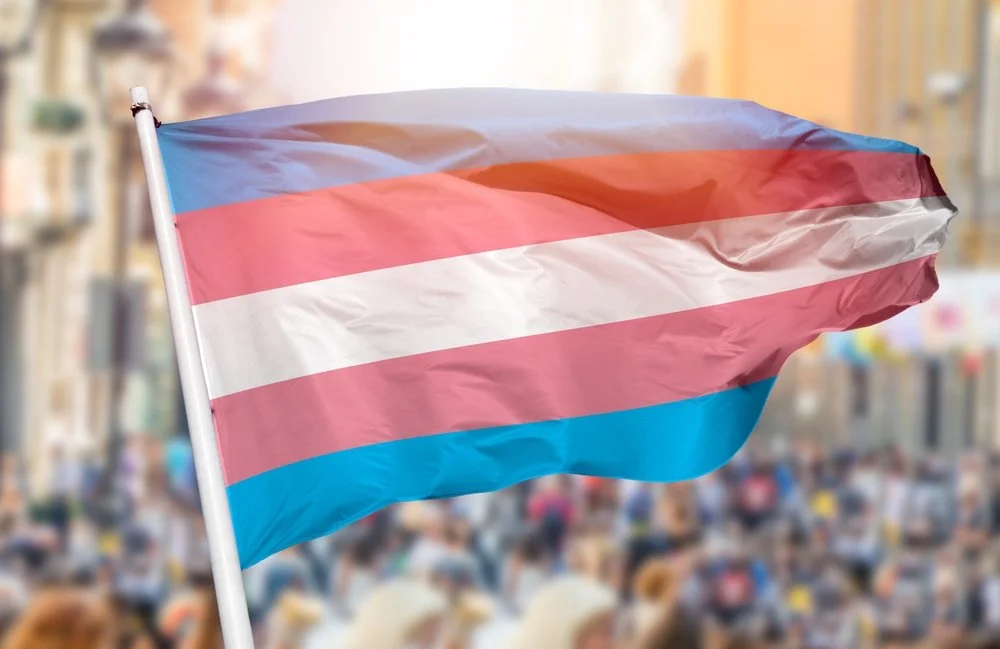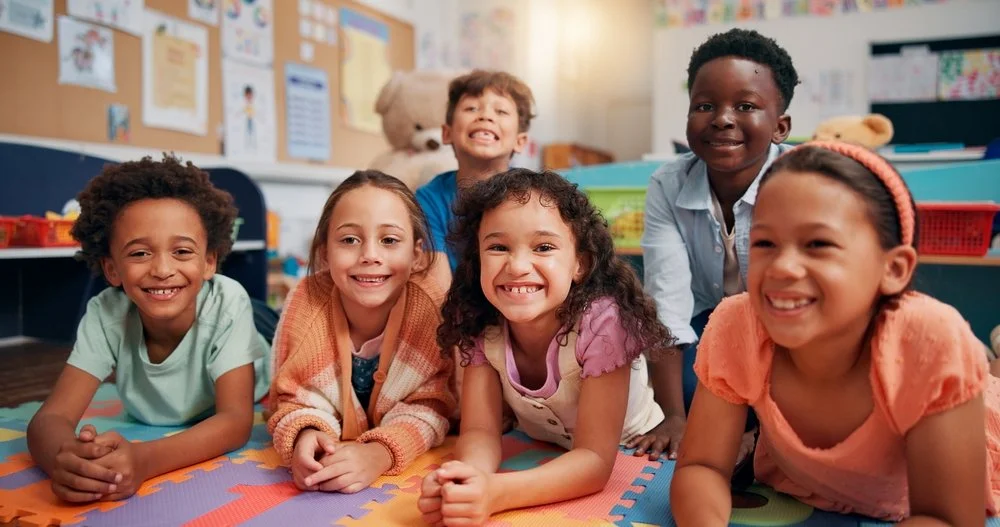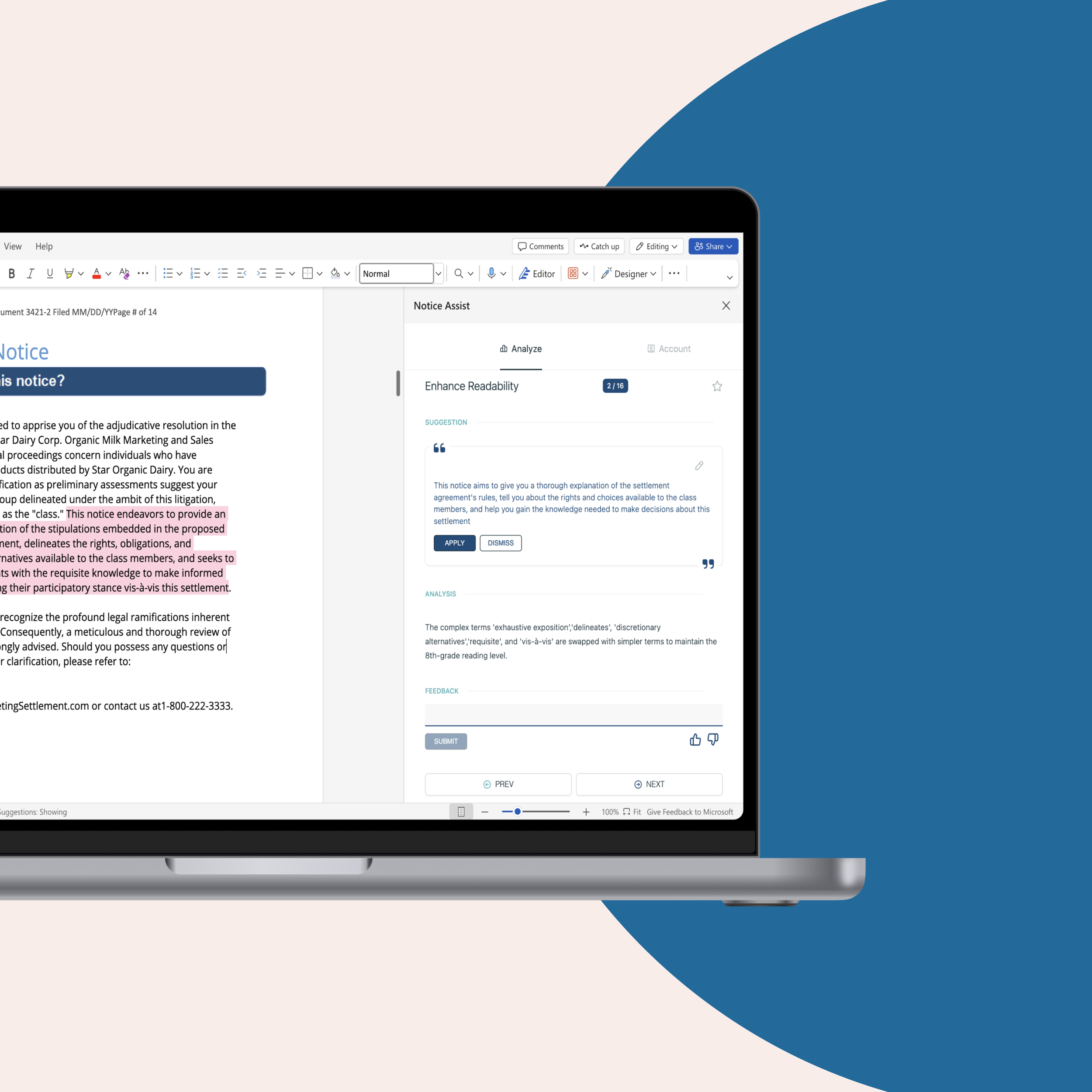Rural Pride Summit To Strengthen Advocacy Network for Underserved LGBTQ Californians
David Nahmias, Staff Attorney, The Impact Fund
Last year, the California Commission on Access to Justice, an arm of the California state bar, issued a report describing so-called “attorney deserts”—areas in California that lack a sufficient number of attorneys to serve their residents’ needs. A shortage of attorneys impedes equal representation and drives an imbalance in access to justice. The commission found that these attorney deserts were “particularly acute in rural areas” and that those areas with a higher ratio of residents to attorneys—indicating a shortage—tended to be low-income communities.
For rural peoples who also identify as LGBTQ, a lack of legal representation has especially harmful consequences. National estimates suggest that between 2.9 million and 3.8 million LGBTQ people, about 15-20% of the total U.S. LGBTQ population, live in rural areas. Rural LGBTQ people are often experience unique challenges that their counterparts in urban and suburban areas do not. For example, because jobs, healthcare providers, and adequate housing are already limited, LGBTQ people have fewer alternatives should they face discrimination. And with limited access to legal representation, discriminatory conduct can go unchallenged. Ming Wong, an attorney who supervises the helpline at the National Center for Lesbian Rights (NCLR), noted these challenges for rural communities in California. “Two concerns we know about are difficulty accessing culturally competent services, particularly healthcare, and a lack of accountability or enforcement of anti-discrimination laws,” he said. Because of vast distances from queer-friendly community groups and resources, many LGBTQ people feel isolated and become more vulnerable to prejudice and violence. Studies also indicate that discrimination in housing and employment is also a significant contributor to heightened poverty rates among the LGBTQ community, which is further exacerbated for LGBTQ people of color and members of the transgender community.
“Two concerns we know about are difficulty accessing culturally competent services, particularly healthcare, and a lack of accountability or enforcement of anti-discrimination laws,” Ming Wong, Staff Attorney, NCLR.
This dynamic plays out here in California. LGBTQ people living in rural areas like the Central Valley, far northern California, and the Inland Empire experience elevated levels of poverty as well as anti-LGBTQ stigma. Notably, these same parts of the state are so-called attorney deserts, meaning that LGBTQ people facing any legal problems will have few opportunities to find legal help.
But representation matters, as does the power of solidarity. Take the story of the Impact Fund’s client Maddie Wade, a transgender woman, who worked as a barista at Starbucks in Fresno until she was forced to leave because of discrimination and harassment. She ended up losing her health insurance coverage, stopping her gender affirming transition right in its tracks. But Maddie found legal counsel, and now her case is before the California Court of Appeal, where a decision in her favor could create landmark law supporting transgender people across the state.
Or take Roselyn Macias, a transgender immigrant farmworker near Salinas, who repeatedly endured ridicule from her coworkers after she came out. After she connected with California Rural Legal Assistance, Inc. (CRLA), and a transgender support group, she no longer felt alone. She began to speak up for herself and inspired other farmworkers to do the same. This led her to become a full-time community worker with CRLA where she advocates for other LGBTQ farmworkers.
Roselyn Macias and her attorney Lisa Cisneros, who helped launch the LGBT Rights program at California Rural Legal Assistance in front of the CRLA office in Watsonville.
Maddie’s and Roselyn’s story emblemize the power that building a network of advocates and allies can have to fight injustice and promote LGBTQ equality in rural areas. This is the driving principle behind the upcoming virtual Rural Pride Summit for California organized for the week of September 21. NCLR and CRLA, the hosts of the event, hail the summit as “a chance for those living in rural California or who care about issues facing LGBTQ people in rural California to gather, build connections, and share information and resources.” The summit will include presentations for a general audience, ranging from LGBTQ and allied community members to advocates and policymakers, on topics as diverse as legal Know Your Rights trainings to panels on legislation—featuring state Senator Scott Weiner and state Assembly Members Todd Gloria and Robert Rivas—and LGBTQ-inclusive healthcare.
As Ming from NCLR explains, “We are organizing Rural Pride to strengthen connections between national and statewide organizations and LGBTQ advocates and organizations in rural areas, and to highlight the voices and concerns of LGBTQ people in rural communities.” The diversity and intersectionality of identities is a clear focus for their event. “We had always planned to have a summit that featured voices and concerns of LGBTQ people of color in rural communities, to examine how systematic racism, biphobia, homophobia, and transphobia intersect, as well as how an understanding of that intersection can inform advocacy and community building.”
While greater access to justice may not be a ticket out of poverty and discrimination, it may certainly lay the groundwork. As manager of our Impact LGBTQ initiative over the past two years, I have seen firsthand the significant impact of educating attorneys in California on laws protecting LGBTQ communities on the one hand and teaching LGBTQ people about their rights and connecting them to inclusive, culturally competent advocates on the other. In the same spirit, the upcoming Rural Pride Summit will harness diverse community voices to build networks of advocates that are better equipped to challenge systemic injustice and promote equality for vulnerable LGBTQ Californians.
The Impact Fund is grateful to co-sponsor the 2020 Rural Pride Summit along with sponsors National Center for Lesbian Rights and California Rural Legal Assistance, Inc., and co-sponsors The Source LGBT+ Center, Trans-E-Motion, Fresno EOC LGBTQ+ Resource Center, Equality California, Legal Services of Northern California, Fresno State Cross Cultural and Gender Center, Queer Hmong Intersectional Pride, and the Movement Advancement Project.













